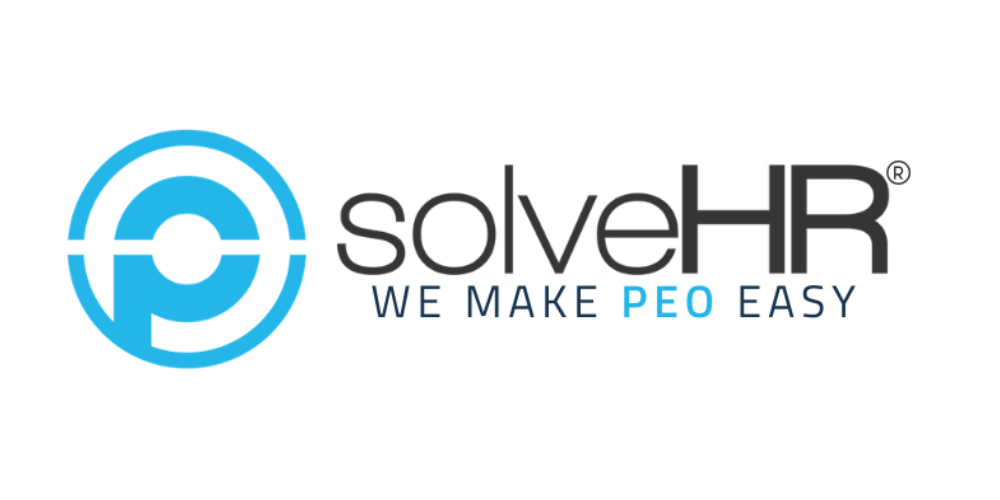- 06/22/2021
- Posted by: Matt Muriel
- Categories: Culture & Retention, Training & Development

Last week we discussed the importance of performance management and how it is a step in the right direction to better manage the performance of your employees. PM systems can be used to help focus the performance of your employees to better align with the goals of your organization.
Yet, even the most sophisticated PM systems still struggle with how they manage team performance. A team-based performance management system will not only ensure that the right teams in your organization are being recognized, but it can also unlock the ability for your teams to operate at their full potential.
This week we’ll be focusing on how to develop a performance management system for your teams. Through a series of high-quality communications, team goals, and reward systems you can lay the steppingstones to improve your existing performance management system.
What is Performance Management?
Performance management is a set of processes that help managers monitor and evaluate employees’ work using a variety of tools such as creating and measuring goals, objectives, and milestones. The goal of these types of systems is to create an environment where your employees can perform to the best of their abilities to produce the highest-quality work as efficiently and effectively.
A performance management system allows your employees to understand their expectations, goals, career progress, and how their work aligns with the business’s overall vision. Performance management systems will view employees in the context of the broader workplace, allowing them to work towards peak workplace performance as effectively and efficiently as possible.
Now, a team PM system differs from a regular PM system, in that a team-based PM system is focused on the goals and performance of a team rather than the individual. Team PM is a set of interventions on the individual, team, and organizational level that improve the way your team members work together towards the mutual goals of the organization.
How to Build an Effective Team-Based Performance Management System
Building an effective team-based PM system can be like how we built our regular PM system with just a few tweaks to focus on team performance while still also paying attention to individual performance. The similarities in the two systems will allow you to integrate your team PM system into your existing individual PM system with ease.
Just like a regular PM system, how you build it depends on how your organization is structured, but most effective team PM systems have these five characteristics in common:
Team Goals
Just like an individual PM system, goals are important for focusing your team’s performance. Strategy is built centrally to let teams complete their goals and operate more effectively. Aligning team goals with organizational goals can also help channel your team’s efforts and provide helpful benchmarks with how they are performing.
Team Appraisals
Evaluating how a team functions and behaves can help you better manage them through focused feedback on their performance. Also incorporating team-based behaviors into your individual employee reviews can help you build up your employees to better operate in a team.
Team Development
Making sure that your teams are developing and being held accountable towards their goals is an excellent practice. By making team development an ongoing conversation you can ensure that you have a positive impact on their performance. The feedback that you give your employees also must change when switching to a team-based PM. Defining the core behaviors of a model team member, strength-based focuses in 1-on-1s, and goal creation are some of the things that can help your teams develop.
Team Rewards and Recognition
Rewarding and recognizing your teams can be a strong motivating factor towards great performance. Outstanding team performance could be rewarded with monetary compensation, gifts, praise, or anything really as long as it’s equal to the work that your team put in to achieve their stellar performance.
Strong Leadership
Strong leadership is required to get the most out of your teams’ performance. Within your teams, there should be leadership that provides effective coaching and mentoring to help the team meet their goals. Good leadership encourages teams to excel in their roles and exceed expectations, these leaders can help guide your teams to better performance.
Pivoting your existing PM system towards a team-based one can ensure that your organization is on track to meet its goals. Not only will your teams be able to better respond to your organization’s challenges, but they will also be able to unlock hidden potential and operate at their very best.
Are you struggling with managing your human resource needs? SolveHR offers several transactional and strategic HR services to help your business. Contact us today to find the right solution for you, so you can focus on what matters—growing your business!

